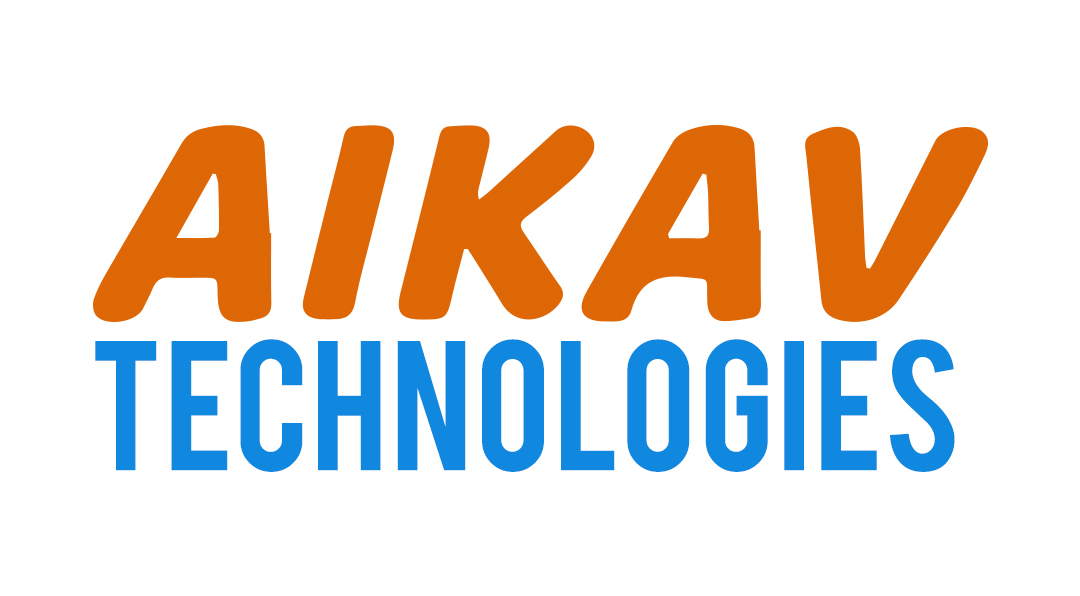
With Drupal 11 aligning itself closely with Symfony 6, developers are facing a significant shift in architecture, practices, and performance expectations. Since Symfony is the foundational PHP framework that powers Drupal, every major Symfony release introduces ripple effects across the Drupal ecosystem.
This article explores how Symfony 6's integration into Drupal 11 will impact developers—highlighting performance, modernization, and necessary refactoring.
🔹 Why Symfony Matters in Drupal
Drupal relies on Symfony for its routing, HTTP handling, services, dependency injection, and more. When Drupal upgrades its Symfony version, developers must adapt to the new patterns and deprecations introduced by Symfony.
🔹 Key Impacts of Symfony 6 in Drupal 11
1. Dropped Legacy Code and Deprecated Features
Symfony 6 removes all features deprecated in Symfony 5.4. That means:
Deprecated controllers and helper methods in contrib/custom modules will break.
You’ll need to refactor event listeners and use modern service definitions.
✅ Example: The
ContainerAwareCommandis removed in Symfony 6. UseCommandwith Dependency Injection instead.// ❌ Old Symfony 5-style command (deprecated) use Symfony\Bundle\FrameworkBundle\Command\ContainerAwareCommand; class MyOldCommand extends ContainerAwareCommand { protected function execute(InputInterface $input, OutputInterface $output) { $logger = $this->getContainer()->get('logger'); $logger->info('Running legacy command.'); } } // ✅ New Symfony 6-compatible command use Symfony\Component\Console\Command\Command; use Psr\Log\LoggerInterface; class MyNewCommand extends Command { private LoggerInterface $logger; public function __construct(LoggerInterface $logger) { parent::__construct(); $this->logger = $logger; } protected function execute(InputInterface $input, OutputInterface $output): int { $this->logger->info('Running modern command.'); return Command::SUCCESS; } }2. Typed Properties and Strict Types
Symfony 6 and Drupal 11 enforce modern PHP 8+ practices, including:
Typed class properties
Constructor property promotion
Strict return types
// Before: Loose typing private $node; // After: Strong typing in Symfony 6 private NodeInterface $node;3. Event System Modernization
Symfony’s EventDispatcher has evolved:
Legacy event names are removed
Event classes now use typed listeners and final classes
Update your custom event subscribers accordingly:
use Symfony\Component\EventDispatcher\EventSubscriberInterface; use Symfony\Component\HttpKernel\Event\RequestEvent; class CustomSubscriber implements EventSubscriberInterface { public static function getSubscribedEvents(): array { return [ RequestEvent::class => 'onRequest', ]; } public function onRequest(RequestEvent $event): void { // Handle the request event } }4. Service Configuration Using Attributes
Symfony 6 supports PHP 8 attributes for service configuration. Drupal may gradually adopt this for service definitions.
use Symfony\Contracts\Service\Attribute\Required; class SomeService { #[Required] public function setLogger(LoggerInterface $logger): void { $this->logger = $logger; } }
